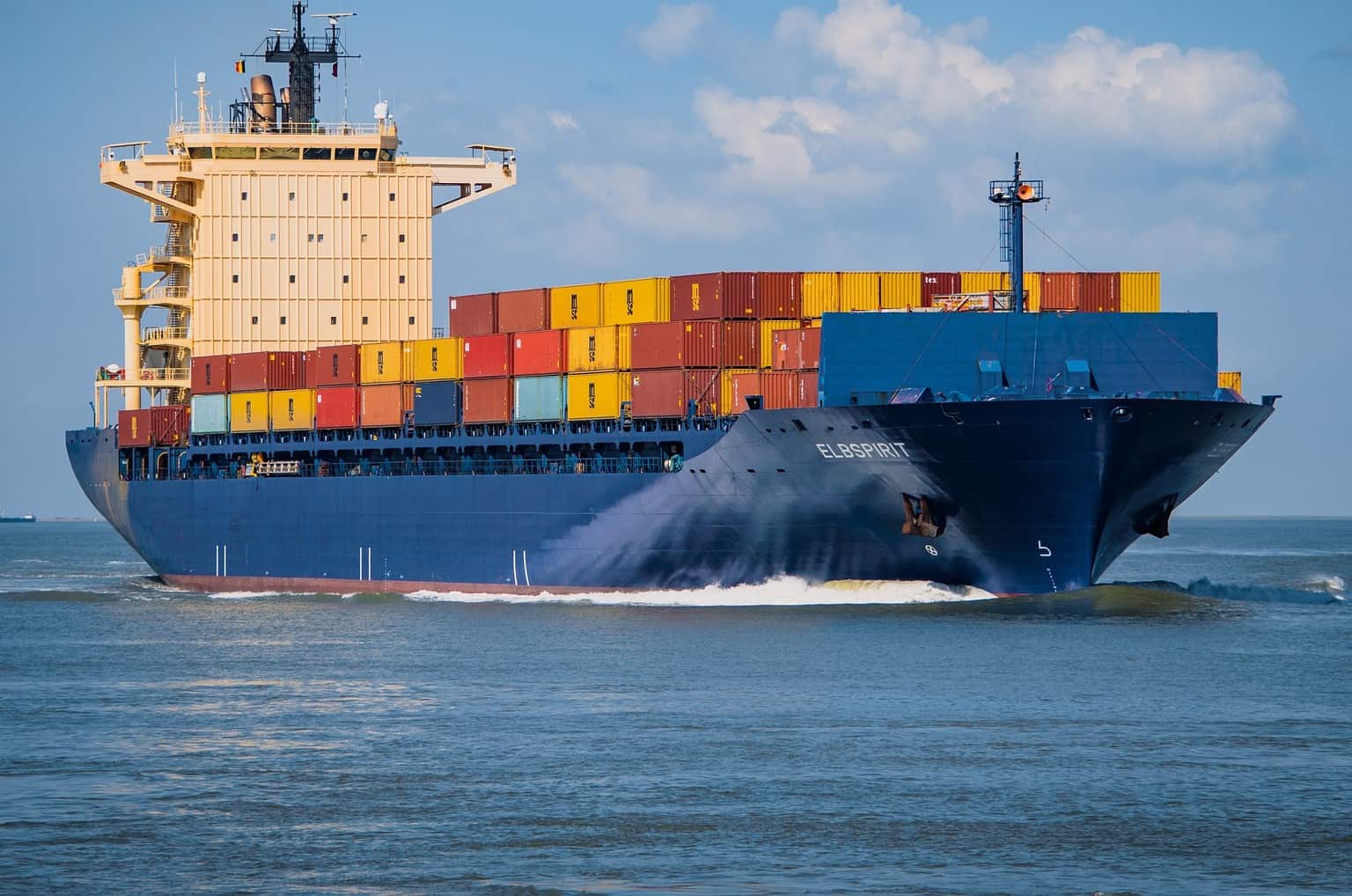FOB shipping refers to a contractual term that specifies whether the buyer or seller is liable for goods damaged or destroyed in transit. Short for Free On Board, technically it determines the point at which ownership of goods is transferred from a seller to a buyer.
How Does FOB Shipping Work?
FOB shipping is a catch-all term for a contractual obligation that informs who must bear the liability of a shipment. In an FOB origin arrangement, a purchaser pays for shipping from the factory to their shipment point.
This places full responsibility for the goods while they are in transit on the said buyer. For FOB destination contracts, the seller remains liable until the goods reach the buyer.
What Does FOB Stand For?
As mentioned earlier, FOB stands for Free on Board, a term originating from the use of seafaring shipments.
What is Freight Collect?
Freight collect defines who is responsible for all of the costs and charges associated with a shipment. This includes any additional charges that may be accrued, which are then passed along to whomever cosigns for or receives the freight.
Are Rules Different with FOB Shipping?
Because FOB originated in seafaring shipping, the actual rules can vary from country to country, but there are some international commonalities that lay within Incoterms, created by the International Chamber of Commerce.
The International Chamber of Commerce published and created all of the guidelines that must be followed in the U.S. The terms agreed to must be clearly stated and adhered to in the purchase order to eliminate any confusion.
That being said, the term’s inclusion in a contract doesn’t equal a bill of sale. As such, it does not regulate nor determine ownership.
Understanding FOB Shipping Terms
FOB terms date back to times when items were largely transported by ship in the United States. Now the determination is made across all shipping modes. Depending on when ownership is transferred, the following distinctions apply.
FOB Origin
For FOB origin shipments, the person liable for the damaged or destroyed goods is the buyer, but this is only true once the seller has shipped the items. This, in turn, can make a buyer’s inventory costs rise dramatically due to the possibilities of breakage, loss or theft if insurance policies are not in place.
FOB Destination
The complete opposite of FOB origin is FOB destination, which means the seller holds all of the liability until the product reaches the buyer. This will keep a purchaser’s inventory costs low while also including far less risk on part of the buyer.
FOB Shipping Point
The shipping point is a record of where the merchandise for shipments is going and when it was shipped, which is important information for accounting and insurance purposes of liability.
What Are the Benefits of FOB Shipping?
Though it may be complicated, there are some major advantages that will save you time, headaches and money.
- FOB minimizes import costs
- FOB also increases convenience
- There is no middleman
- Shipping FOB puts buyers in full control of their freight costs
- Timely and transparent information is included in service updates
Difference Between FOB Shipping and FOB Destination
For FOB shipping, a sale is complete the moment the shipment leaves the warehouse on route to its FOB destination. For a FOB destination shipment, the seller is liable until the buyer receives the undamaged goods.
When Not To Use It
If you are unsure about your terms, know that FOB shipping has come under fire for being overly complex within contracts. As much as you would expect something to be cut and dry, specificity is key. All parties involved need to be fully transparent from start to finish.
Key Comparisons: FOB vs CIF Shipping
Though they are both international shipping agreements between buyers and sellers, FOB and CIF have differing uses. As two of the most common international commerce terms, both established in 1936, these two terms deal heavily with the specificity of origin and destination liabilities.
Shorthand for cost, insurance and freight, CIF, all of the liability is placed on the seller until a shipment arrives at its final destination. Then and only then does the liability get transferred to the buyer.
As Simple As ABC
One of the more cost-effective options for buyers, FOB shipping can guarantee you peace of mind and peace of wallet. If you want to learn more about your options, reach out to FreightWaves to find the best shipping services for your needs.
Sign up for a FreightWaves e-newsletter to stay informed of all news and trends impacting supply chain careers and operations.


